Premium Only Content
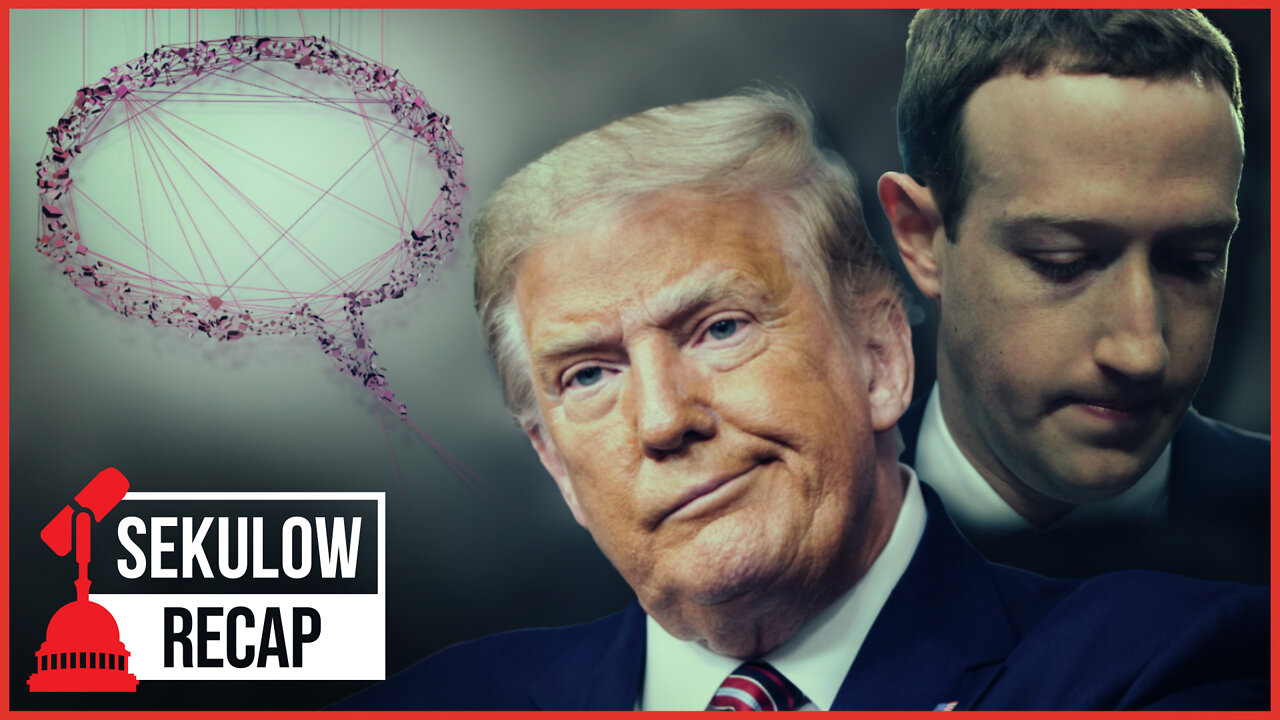
Free Speech, Big Tech, & The Law that Changed Everything
Social media companies do not want the American people to know that they are policing free speech. Big Tech censorship is a growing problem, especially for conservative voices trying to freely share their mind. The big question is, what is providing protection for these companies? Why are they getting to decide what is “right” and “wrong”?
We have had firsthand experience with this issue recently, as some of our posted Facebook content has been labeled “partly false.” This label was reflected not only on our page, but also anyone’s page who shared the post. Since then, we have received several other flags on unrelated posts as well. In one instance, we had a Facebook fact-checker say we were false because a hearing hadn’t happened – when our own attorney had in fact argued at the hearing that did in fact take place, with video evidence to prove it. After we have opposed these flags, Facebook has corrected their status, but that doesn’t reverse the damage done.
ACLJ Director of Policy Harry Hutchison discussed Section 230 of the Communications Decency Act, which has been used as a protection for these Big Tech companies from being held liable when they take this kind of overbearing action:
"The question becomes whether or not they have taken excess liberty in the usage of Section 230 in engaging in active collusion with government or governmental entities. If they do so, one can argue for instance that they have engaged in an in-kind contribution to one political party. Then the question becomes, have they reported this contribution to the federal election commission? It is very very doubtful they have done so. So, if you look at all of the discussions that we have had in the nation since President Biden has taken office, his Press Secretary Jen Psaki has continuously called upon Big Tech companies to do what? To actively censor contrary points of view. To the extent that they engage in such conduct. So the question is, do we have an active collusion or an act of conspiracy if you will that ought to void Section 230? Now, I would argue that my claims at least so far tread on questionable grounds, because we have not yet had a decision by a federal court on this issue."
Times have clearly changed. It used to be the town square as the public forum for which people would debate different ideas. Now the public forum is online, and the moderators are private organizations. ACLJ Senior Counsel Andy Ekonomou explained how the marketplace of ideas has changed over time:
"It has changed significantly. The point of fact, Twitter, Facebook, and . . . every one of these is the marketplace of ideas. They’re all the marketplace of ideas. They are analogous to what were the streets, the parks, the sidewalks, the places that were conditioned and set by the Supreme Court of the United States as early as the Hague v. CIO case. . . . These areas like Twitter and so forth – these platforms are really suppressing us and suppressing the ideas from the right."
We defend freedom of speech and have since the beginning of our work here at the ACLJ. Today’s full Sekulow broadcast is complete with even more in-depth analysis of Big Tech censorship and an update on our cases for persecuted Christians worldwide.
-
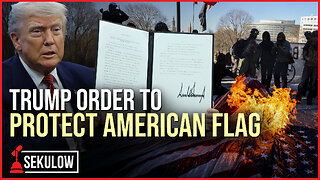 1:00:03
1:00:03
American Center for Law and Justice
5 hours agoTrump Signs Executive Order to Protect American Flag
3.31K5 -
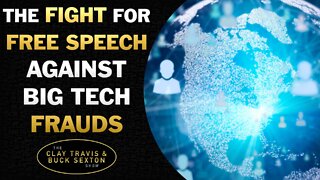 7:21
7:21
The Clay Travis & Buck Sexton Show
3 years agoThe Fight For FREE SPEECH Against Big Tech Frauds
2.59K21 -

daniellesmithab
1 hour agoExploring Nuclear Energy in Alberta
102 -
 LIVE
LIVE
Reidboyy
39 minutes agoNEW FREE FPS OUT ON CONSOLE NOW! (Delta Force = BF6 with Killstreaks)
67 watching -
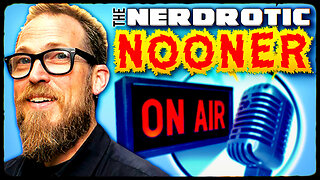
Nerdrotic
3 hours ago $1.18 earnedNerdrotic Nooner 509
9.8K -
 1:48:16
1:48:16
Tucker Carlson
2 hours agoCliffe Knechtle Answers Tough Questions About the Bible, Demons, Israel, Judas, Free Will, and Death
47K93 -
 LIVE
LIVE
Viss
3 hours ago🔴LIVE - How To Winner Winner Chicken Dinner! - PUBG
150 watching -
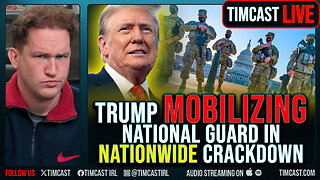 1:00:41
1:00:41
Timcast
3 hours agoTrump MOBILIZING National Guard In NATIONWIDE Crackdown
122K134 -
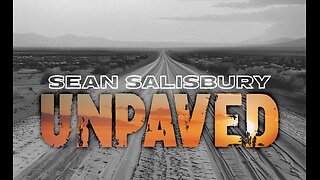 1:06:02
1:06:02
Sean Unpaved
2 hours agoQuarterbacks, Coaches, & Contracts: Sanders' Draft Drama, Meyer vs. Harbaugh, & McLaurin's Big Deal
14.9K -
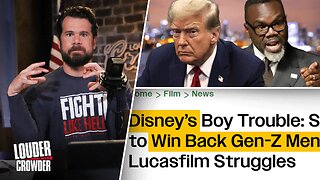 2:11:45
2:11:45
Steven Crowder
5 hours agoDonald Trump Vs American Crime: Chicago is Next & Libs Are Freaking Out
299K290